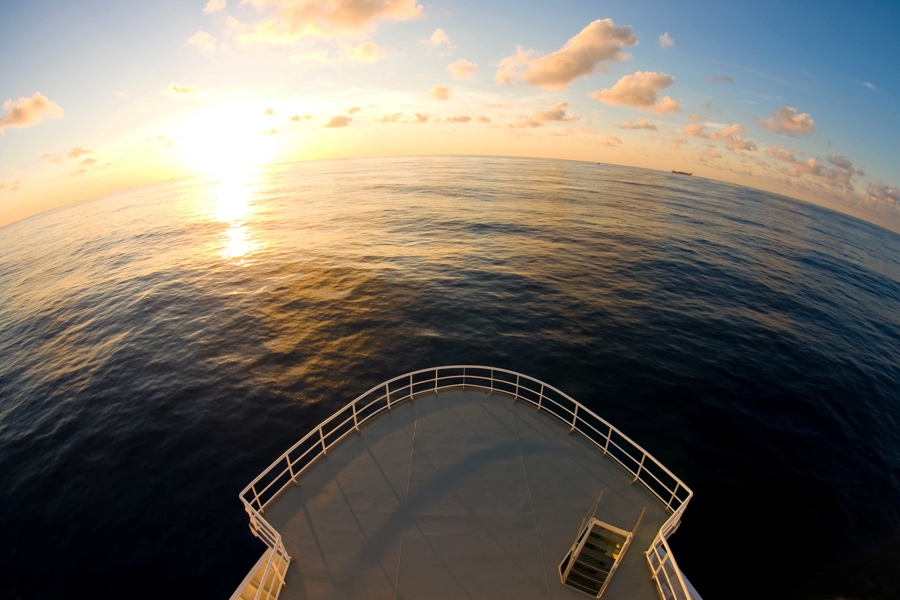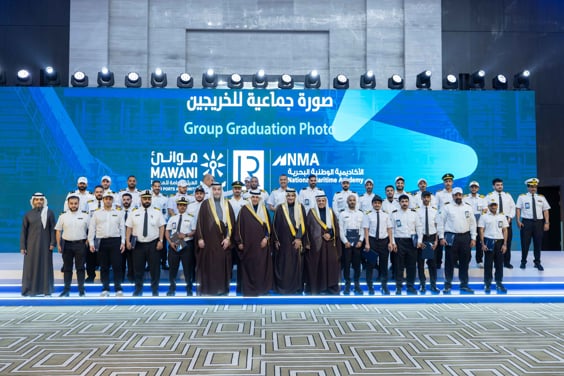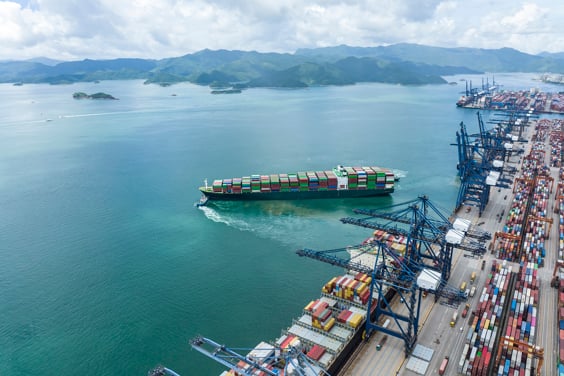
IMO regulations, such as MARPOL, the Energy Efficiency Existing Ship Index (EEXI), and the Carbon Intensity Indicator (CII), set clear benchmarks for emissions reduction, requiring ship operators to adopt cleaner technologies, alternative fuels, and efficiency measures.
Develop robust decarbonisation policies based on a deep understanding of international best practices, scenario analysis, and long-term projections with LR to assess potential economic, environmental, and operational outcomes.
LR’s expert analysis, strategic recommendations, and modelling tools help governments design and test decarbonisation policies, review existing frameworks, or prepare for future regulatory shifts to drive sustainable maritime transformation .
Effective policies need data-driven insights, impact assessments, and stakeholder engagement to make sure they are aligned with global trends, and contribute to the economy.
Why LR
LR works with partners including the United Nations Global Compact and the Sustainable Shipping Initiative through the LR Maritime Decarbonisation Hub to help you develop policies that drive compliance, enhance operational efficiency, and drive long-term sustainability.
LR’s Maritime Decarbonisation Hub, a joint initiative with the Lloyd’s Register Foundation aims to accelerate the transition to zero-emission shipping by 2030 . The Hub engages in projects like the Silk Alliance, to develop green corridors and regional hubs, facilitating the adoption of alternative fuels and decarbonisation strategies.
However, many governments face challenges in translating these global standards into national policies that account for regional economic conditions, technological readiness, and industry impact.
Examples of Work
National Green Shipping Policy
At the Green Shipping Conclave in Mumbai, the Union Minister of Ports, Shipping & Waterways (MoPSW), Shri Sarbananda Sonowal, unveiled a strategic consultative policy document on the National Green Shipping Policy, developed by the LR Consulting team under the guidance of the Director General of Shipping (DGS), India.
The National Green Shipping Policy (NGSP) offers a visionary roadmap to transform India’s maritime sector towards environmental sustainability, technological advancement, and global competitiveness by aligning national priorities with international commitments, positioning India as a global leader in green shipping. LR's policy analysis and strategic advisory expertise ensured the NGSP integrates best practices in emissions reduction, alternative fuels, and regulatory alignment, setting a robust foundation for India’s decarbonisation journey.
DGS India
LR developed a detailed consultative document for DGS India to establish an Indian Ocean Centre of Excellence for Sustainable Maritime Transport (IOCE-SMarT). The goal was to transform the Mumbai Maritime Training Institute (MTI) into a premier global hub for maritime innovation and sustainability in partnership with the IMO’s Maritime Technology Cooperation Centre (MTCC) network, to drive advancements in digitaliszation, green technologies, and sustainable maritime practices across India and South Asia.
MRV software development
LR is engaged in an EU funded project to support a ministry of transport in Europe to establish the country’s national MRV software system.
Quality and Environment audit
LR reviewed existing policies at one of the leading port authorities in the middle east, responsible for managing and regulating the kingdom’s seaports and improving maritime logistics and trade, as part of the gap analysis of their Quality and Environment management systems.

 Policy analysis
Policy analysis








